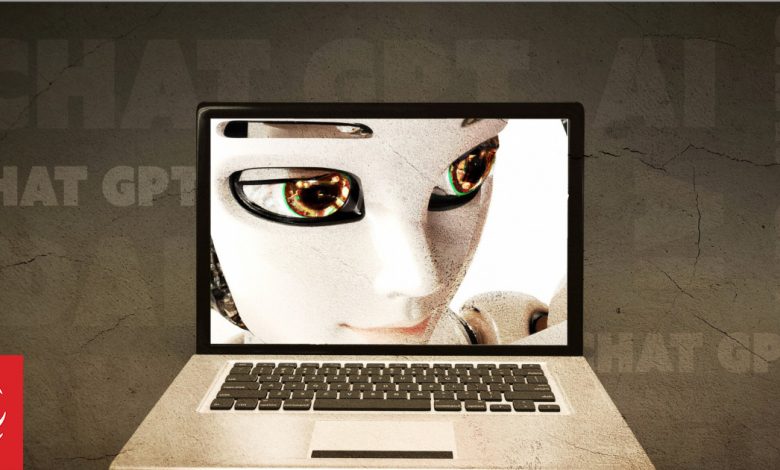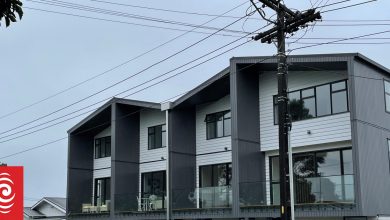Survey attempts to pin down how AI may change the way we work

The organisers of a new survey on artificial intelligence in the workplace say they want to find out what’s needed to help Aotearoa’s companies adapt in the AI era, as well as measure its impact on productivity.
AI Forum New Zealand was working with Victoria University and Callaghan Innovation to measure the impact of artificial intelligence on business.
The first of a series of quarterly surveys closed on Friday with 300 responses.
AI Forum executive director Madeline Newman said there was little empirical evidence about AI, either here or internationally.
Everyone talked about the impact AI was having on the workplace but no one had been able to accurately measure it, she said.
“As someone on the frontline of AI, I’m constantly asked for data to give meaningful context to the stories we all hear about Kiwis’ use of AI, particularly in the past 18 months when the technology has grown exponentially.
“But we don’t really know what impact AI is having in New Zealand workplaces, who’s using it and how.
“While there’s plenty of anecdotal information, no independent studies have been done. This isn’t an issue just in New Zealand – there’s also a scarcity internationally of academically defensible, rigorous data.”
The research should give a good indication of how well AI could help address New Zealand’s “dismal productivity record”, she said.
Last year, the now-defunct Productivity Commission found the country’s productivity was one of the worst among developed economies in the OECD, with any growth in productivity in recent decades achieved by more people working longer hours.
One Deloitte study showed a company’s general adoption of generative AI – which was not integrated into its sytems – could save workers up to 5.4 hours a week.
“That’s quite a big difference, if you imagine the impact on doctors in surgery and being able to spend more time with patients or teachers being able to spend more time teaching, that’s a really important extra bit of time.
“For the rest of us, who work really, really hard as well, perhaps [it means] a bit more time at home.”
Newman said a “best case scenario” from the survey would be to find more people have adopted AI and are making productivity gains.
“The worst-case scenario is slow AI adoption, apprehension and even blanket restrictions on its use. Given the AI genie is well and truly out of the bottle, this response would still help us gain a clearer understanding of what is needed to help people adapt.”
Newman said the inital survey of 300 valid responses would provide a good baseline but it was hoped that future surveys would get around 1000 participants.
According to the news on Radio New Zealand




